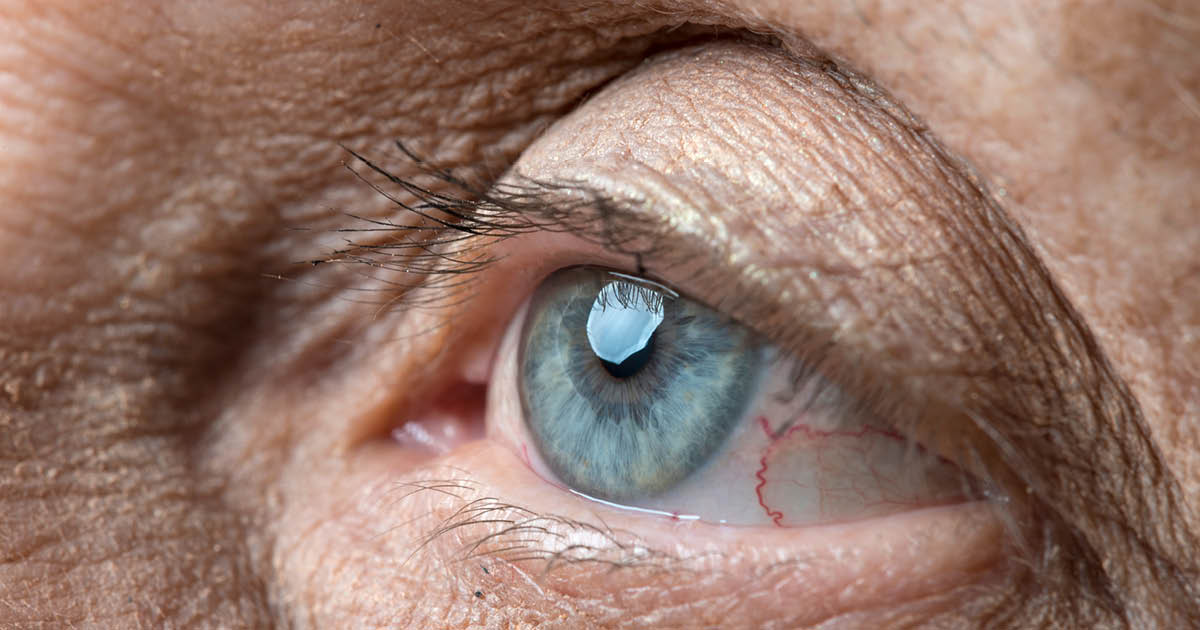October 01, 2025
3 min read
Key takeaways:
- People with chronic spontaneous urticaria who fail antihistamine treatment previously had to turn to injectables.
- With the FDA’s approval of Rhapsido (remibrutinib), these patients now have an oral option.
The FDA approved remibrutinib, the first oral treatment for adults with persistent chronic spontaneous urticaria despite H1 antihistamine treatment, according to a press release.
Remibrutinib (Rhapsido, Novartis), a Bruton’s tyrosine kinase inhibitor, inhibits the release of histamine and proinflammatory mediators, offering a unique approach for chronic spontaneous urticaria (CSU), according to the release.

CSU affects approximately 1.7 million people in the United States and is characterized by red, swollen and itchy hives that are unpredictable, recur for 6 weeks or more and do not have an identifiable cause. Antihistamines are used as a first-line treatment; however, after receiving antihistamines, more than half of patients report persistent symptoms. Injectable treatments are available for those who do not respond to antihistamines; however, fewer than 20% are eligible to receive them, according to the release.
“The exciting news here is that after antihistamines haven’t worked, we now have an oral, instead of injectable, option for patients,” Mark Lebwohl, MD, dean for clinical therapeutics at the Icahn School of Medicine at Mount Sinai and member of the steering committee for the REMIX phase 3 clinical trial program, told Healio. “It is also a very fast-acting medication, which poses a major advantage for our patients.”
The approval was supported by the phase 3 REMIX-1 and REMIX-2 clinical trials, in which participants with CSU that persisted after second-generation H1 antihistamines were randomly assigned to receive 25 mg of remibrutinib twice daily or placebo for 24 weeks in a 2:1 ratio.
Compared with the placebo group (n = 157), participants assigned remibrutinib (n = 313) experienced least squares (LS) mean changes from baseline in Urticaria Activity Score (CFB-UAS7) of –11.3 at week 1, –15.6 at week 2, –18.6 at week 4, –20.1 at week 12 and –20.7 at week 24 in REMIX-1, according to results presented at the American College of Allergy, Asthma & Immunology Annual Scientific Meeting.
The remibrutinib group in REMIX-1 also experienced LS mean changes from baseline in Itch Severity Score (CFB-ISS7) of –5.2 of week 1, –7.2 at week 2, –8.6 at week 4, –9.6 at week 12 and –9.8 at week 24.
LS mean changes from baseline in Hives Severity Score (CFB-HSS7) for the REMIX-1 Rhapsido group were –6 at week 1, –8.3 at week 2, –9.9 at week 4, –10.5 at week 12 and –10.9 at week 24.
Results were similar in REMIX-2, including LS mean CFB-UAS7 of –11.3 at week 1, –15.1 at week 2, –17.4 at week 4, –19.5 at week 12 and –20.4 at week 24 for the remibrutinib group (n = 300) compared with the placebo group (n = 155).
LS mean CFB-ISS7 for the remibrutinib group in REMIX-2 were –5 at week 1, –6.7 at week 2, –7.9 at week 4, –9 at week 12 and –9.5 at week 24. LS mean CFB-HSS7 were –6.3 at week 1, –8.5 at week 2, –9.6 at week 4, –10.5 at week 12 and –10.9 at week 24 for the remibrutinib group in REMIX-2.
Additionally, at week 1, 50.7% of those assigned remibrutinib and 14.5% of those assigned placebo achieved minimal important differences (MIDs) in their UAS7 scores; 50.4% of those assigned remibrutinib and 17.2% of those receiving placebo achieved MIDs in their ISS7 scores; and 52.1% of those assigned remibrutinib and 17.2% of those receiving placebo achieved MIDs in their HSS7 scores.
Remibrutinib demonstrated a safety profile that requires no lab monitoring; the most common adverse events were nasal congestion, sore throat, runny nose, bleeding, headache, nausea and abdominal pain, according to the release.
With this approval, patients with CSU now have three “good options” for treatment, Lebwohl said.
“The first is Dupixent (dupilumab; Sanofi, Regeneron), which has been around for [treating] atopic dermatitis for years. However, it is an injectable and is not as fast as Rhapsido,” Lebwohl said. “Then, we have Xolair (omalizumab; Genentech, Novartis), which has been around for many years for chronic urticaria. It is very effective, however, again, it is injectable.”
“Rhapsido has shown marked reduction as early as week 1, maybe earlier,” Lebwohl told Healio. “This is a major breakthrough in the treatment of chronic urticaria.”
Remibrutinib is also in clinical development for other immune-related conditions including chronic inducible urticaria, food allergy and hidradenitis supperativa, with studies continuing for those indications, Novartis said in the release.
For more information:
Mark Lebwohl, MD, can be reached at mark.lebwohl@mountsinai.org.










